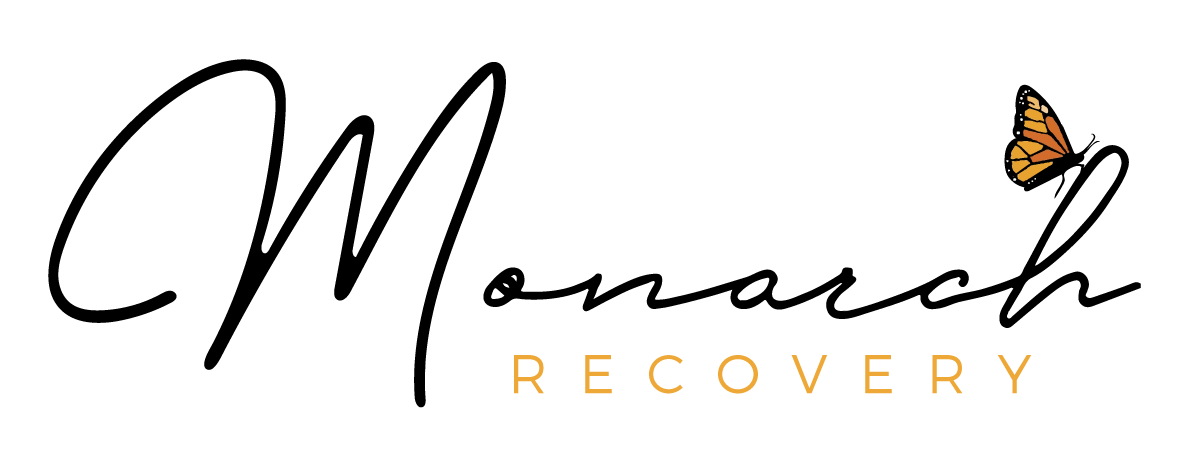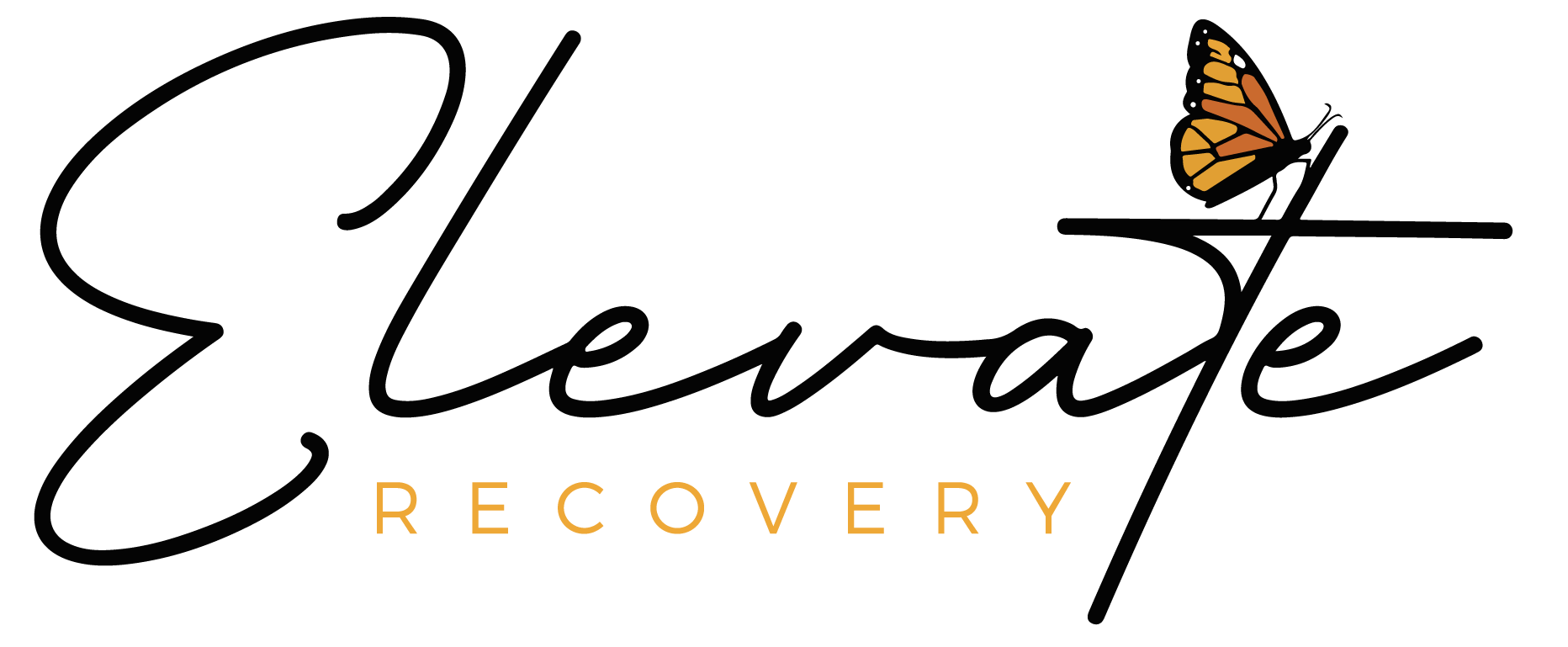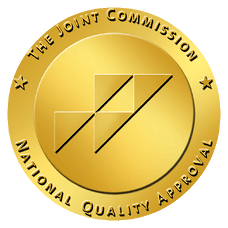
Complete the pre-screen form below to initiate the admission process. Our admissions team will contact you shortly.
Cognitive Behavioral Therapy (CBT) & Substance Use Disorders
With 57.8 million facing mental illness and 46.3 million with substance use disorders, understanding therapeutic options is essential. Cognitive behavioral therapy (CBT) is a highly effective method for addressing these challenges.
This article will explore CBT fundamentals, its operations, its connection to substance use disorders, and how it aids addiction recovery.
What is Cognitive Behavioral Therapy (CBT)?
Cognitive Behavioral Therapy (CBT) is an evidence-based psychotherapy effective for substance use disorders and various mental health issues, including:
- Depression
- Anxiety
- Eating disorders
- Bipolar disorder
- Schizophrenia
- Personality disorders
CBT targets automatic thoughts and cognitive distortions to reduce distress in individuals facing mental health or substance use challenges.
Developed by psychiatrist Aaron T. Beck in the 1960s, CBT emerged from recognizing distorted thought patterns in depressed patients, framing depression as a cognitive disorder. Over the decades, CBT has gained global respect among therapists.
What are Cognitive Distortions?
A cognitive distortion is a flawed thought or belief, such as catastrophic thinking, jumping to conclusions, overgeneralization, and polarized thinking. Cognitive Behavioral Therapy (CBT) techniques help individuals recognize and reframe these distortions to lessen distress.
How Does Cognitive Behavioral Therapy Work?
Cognitive behavioral therapy (CBT) is based on the idea that psychological issues arise from negative thinking patterns and unhelpful behaviors. It helps patients develop coping skills to manage these issues, reducing distress and enhancing quality of life.
During CBT, therapists focus on:
- Building a strong therapeutic relationship.
- Continuously assessing patient progress.
- Encouraging a positive outlook.
- Targeting the present.
- Promoting collaboration and engagement.
- Educating patients on CBT.
- Teaching strategies to counter negative thoughts.
- Assigning practical tasks like homework.
CBT typically lasts 3 to 6 months and effectively changes thoughts and behaviors. Therapists aid patients in:
- Identifying and reassessing distorted thinking.
- Understanding others’ behaviors.
- Employing problem-solving skills.
- Boosting self-esteem.
Therapists also help patients confront fears, role-play situations, and teach relaxation techniques.
Cognitive Behavioral Therapy Techniques
- In therapy sessions, therapists use various techniques to enhance Cognitive Behavioral Therapy (CBT), including:
- Thought records—worksheets that connect thoughts, emotions, and behaviors. They help patients identify automatic thoughts and assess their helpfulness or distortion while developing alternative strategies.
- Relaxation techniques like deep breathing and visualization reduce stress and anxiety, enabling patients to respond better in high-stress situations.
- Social skills training improves interpersonal relationships by reducing disruptive behaviors through role-playing and constructive feedback.
- Behavioral rehearsal allows patients to practice positive behaviors and interpersonal strategies, often referred to as assertiveness training.
Cognitive Behavioral Therapy & Addiction Treatment
Cognitive behavioral therapy (CBT) is commonly used for substance use disorders. Key therapies include:
- Motivational interviewing
- Contingency management
- Relapse prevention
- Family therapy
CBT helps individuals in recovery by:
- Building motivation for change
- Setting and achieving treatment goals
- Avoiding high-risk situations
- Improving relationships
CBT also reduces cravings by rewarding sobriety and developing abstinence strategies.
CBT & Addiction Treatment at Elevate Recovery
If you're dealing with addiction, get the help you deserve. Contact our inpatient rehab facility near Indianapolis to connect with our caring admissions team for answers about insurance and treatment levels.
Call us today at
(765) 780-7689 and embark on your journey toward recovery right now.
You’re not alone. You deserve support.
Elevate Recovery is situated in Kokomo, Indiana, conveniently reachable from Indianapolis.
Take your next step toward recovery:
✔ learn more about our addiction treatment programs.
✔ see how popular insurance providers such as Aetna or BlueCross offer coverage for rehab.
✔ view photos of our facility.

